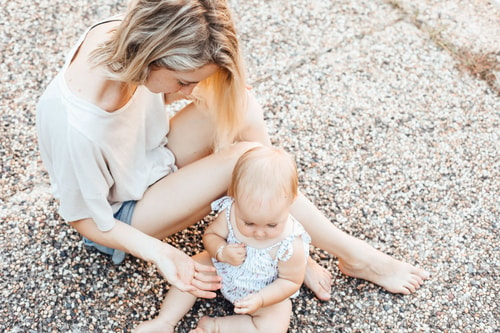Abortion law in Northern Ireland has become a headline issue over the last few years with changes being proposed from Westminster. With no Northern Ireland Assembly to lead on the discussion, the law in Northern Ireland is under threat.
As a devolved issue, the law on abortion in Northern Ireland is very different to the rest of the UK. in Northern Ireland abortion is permitted but in much more limited situations which relate back to the health and life of the mother rather than the wanted-ness or disability of the baby than is the law across the rest of the UK. Abortions have been carried out in Northern Ireland in situations of rape and sexual crime (as per the Bourne case), and where the baby has a ‘fatal fetal abnormality’ — but the decision is based on the risk to the life or health (physical or mental) of the women not on an automatic choice.
The difference in laws means that there are more than 100,000 people alive in Northern Ireland today who would otherwise have been aborted, if Northern Ireland had followed similar legislation to the 1967 Abortion Act as applies in England and Wales.
There is a constant campaign to change the laws in Northern Ireland to allow for abortion in many more situations. This campaign involves grassroots, political and journalistic activism as well as legal challenges. The intensity of these efforts has increased at a national level since the Democratic Unionist Party (DUP) entered into the confidence and supply agreement with the Conservative Party a few years ago.
The Women and Equalities Committee (WEC) inquiry into abortion law in Northern Ireland earlier this year took place earlier this year during which the Committee visited Northern Ireland on two occasions and published their report recently which makes several recommendations about changes to the law.
A majority of people in Northern Ireland don’t want abortion law changed but, without an assembly to lead on the discussion, the law as it stands is under threat. Devolution makes allowances for the social and cultural differences which exist within the nations of the UK and it is striking that the vast majority of submissions to the Committee (estimated at more than 88.7 per cent) received from the public in Northern Ireland did not support Westminster imposing a change in the abortion law.
In addition to our concerns that the lack of an assembly is opening the Northern Ireland up to a change in the law that isn’t wanted, we are concerned that the Committee has accepted the destructive narrative that women can only be equal when they have an absolute right to abortion in every moment of every pregnancy. This pitches a woman against her unborn child and measures their freedom, equality and progress by their ability to end the life of their own child. This is a small and sad vision for women and humanity more widely.
How are we responding to the inquiry?
In the light of these concerns, Both Lives Matter raised several points around the establishment of the inquiry, including the fact that none of the members of the Committee were MPs from Northern Ireland. We also had concerns about the fact that Westminster was holding an inquiry into a politically devolved sensitive issue at a politically sensitive moment. This could set a worrying precedent for the assemblies in Scotland and Wales.
We would prefer to see a debate and consultation about this recommendation in Northern Ireland, not in the committee rooms of Westminster. It is important to note that two members supported an alternative report by Eddie Hughes MP with four voting for the chair’s report. The Hughes report respected the devolved nature of this issue and suggest other policy steps that could be taken to ensure better services for women facing crisis.
The published report recommended a change in the law in relatively limited circumstances when the baby has a ‘fatal fetal abnormality’. On the face of it, the recommended changes appear to be limited, but there is no guarantee that any resulting legislation, while passing through the House of Commons, would not be amended to provide abortion access far beyond these recommendations. It is important the public are aware that these proposals are a small part of a wider campaign to radically alter abortion law right across the UK. The end goal is to relegate abortion to the sole remit of medical regulations removing any meaningful legal protections for women or their unborn children. The ‘right’ to have an abortion in any pregnancy at any time for any reason or none.
When the law is being engineered to create a human right to end human life something has gone wrong. When, for every four children born alive in England and Wales, there is one abortion, surely all sides in this debate can agree the practice of abortion has gone far beyond the idea of it being ‘safe, legal and rare’ for the ‘hard cases’.
Rather than choosing the woman or the child, Both Lives Matter is asking people to stand with both. Many women, men and children see a better and more human way ahead which values the life, health and dignity of both as far as possible.



